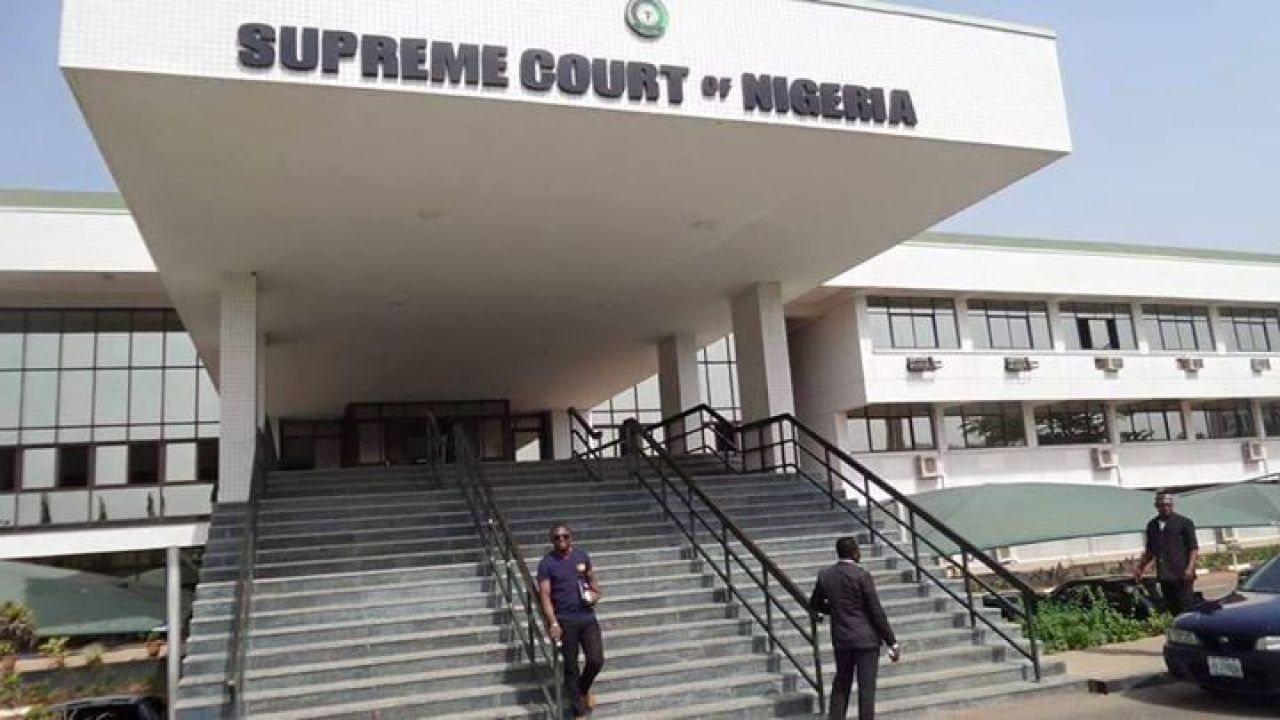The Supreme Court on Friday, November 27, 2020, dismissed an application by Shell Petroleum Development Company of Nigeria Limited seeking to set aside a N17 billion judgment given against Shell on January 11, 2019, over an oil spill recorded in 1970 in a community in Rivers State.
A five-man panel of the Supreme Court was unanimous, in its ruling, in holding that the application by Shell was without merit.
Justice Centus Nweze authored the lead ruling in the case, marked: SC/731/2017, which was read on Friday by Justice Samuel Osuji, in which the court agreed with the respondents, to the effect that Shell’s application, was an invitation to the court to overrule itself.
Nweze said after a thorough examination of the briefs filed by parties and issues raised by parties, he elected to uphold the preliminary objection raised by the respondents (victims of the oil spill, led by Chief Isaac Osaro Agbara), dismissed the application, and ordered parties to bear their respective costs.
The Supreme Court had, in a ruling on January 11, 2019, dismissed the appeal by Shell against an earlier decision of the Court of Appeal on a June 14, 2010, judgment of the Federal High Court, which awarded damages against the oil company in an oil spill at Ejama-Ebubu in Tai Eleme Local Government Area of Rivers State.
Arguing the preliminary objection on September 22, 2020, respondents’ lawyer, Lucius Nwosu (SAN), queried the jurisdiction of the Supreme Court to entertain Shell’s application, which he said was intended to make the apex court sit on an appeal over its decision.
Nwosu contended that Shell’s application was an abuse of court process because there was no longer a pending appeal on which it wanted the court to act.
He noted that, on learning about Shell’s fresh application, his clients wrote the Chief Justice of Nigeria, CJN, to enquire about the status of the oil company’s appeal.
Nwosu said in a reply, dated February 14, 2020, the CJN’s response showed that Shell’s appeal “is a spent appeal”.
Nwosu queried: “If the CJN has said the appeal is spent, how can the same appellant come and revive the spent appeal?”
The lawyer, who said his clients had taken steps to execute the judgment, added that the same Shell, which was reluctant to compensate victims of its oil spills in Nigeria, had paid about $206 million damages in similar circumstance in Mexico.
He regretted that Shell was unwilling to abide by the decision of Nigeria’s apex court after subjecting the victims to over 30 years of strenuous litigation in courts across the country.
Reacting to the judgment on Friday, November 27, 2020, Nwosu hailed the Supreme Court for protecting the dignity and integrity of the nation’s Judiciary by its decision, despite alleged moves by Shell to ridicule it and continue to subject the victims to hardship.
“They (Shell and its collaborators) have tortured the people of Ejama-Ebubu for the past 31 years, deploying the best of lawyers they can find, who are very influential within the judicial circle.”
Nwosu, who noted that the judgment sum, “as at today, with the interest running, is in the neighbourhood of N182 billion.”
He expressed displeasure at the alleged plot by the Central Bank of Nigeria, CBN, to frustrate the execution of a garnishee order absolute got against the account of First Bank by the victims/judgment creditors in their bid to execute the judgment.
Source: The Nation







